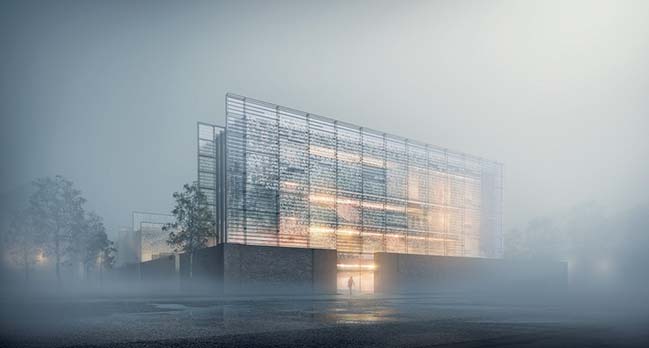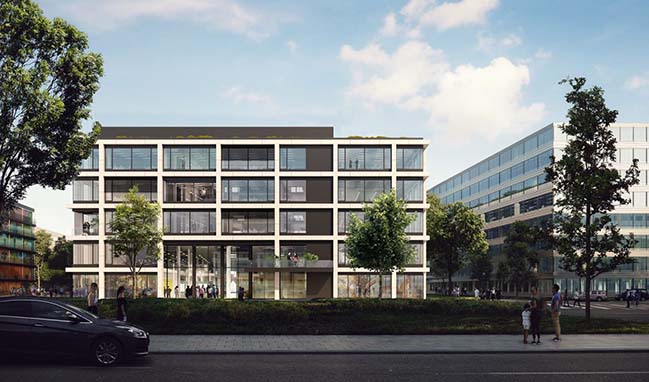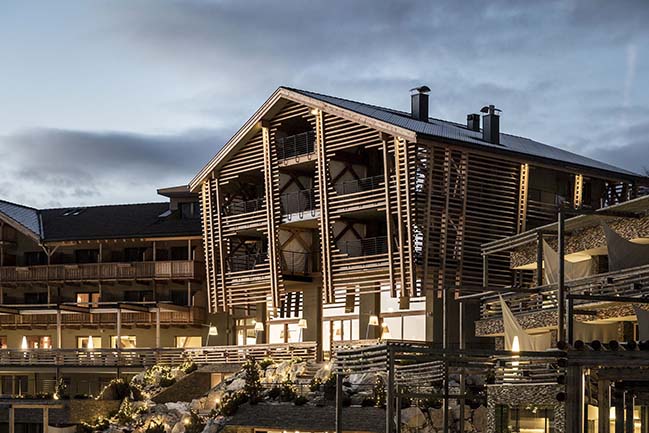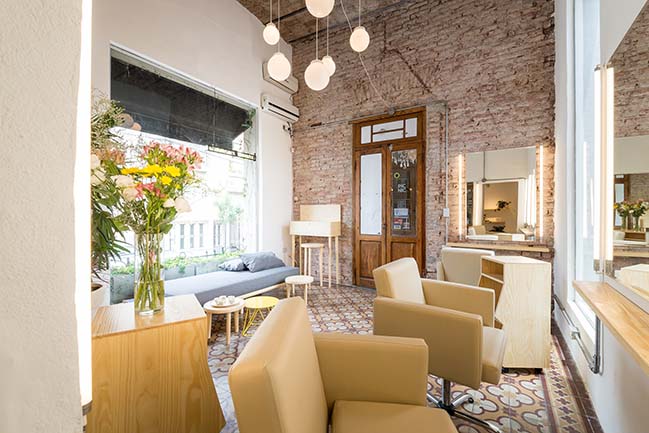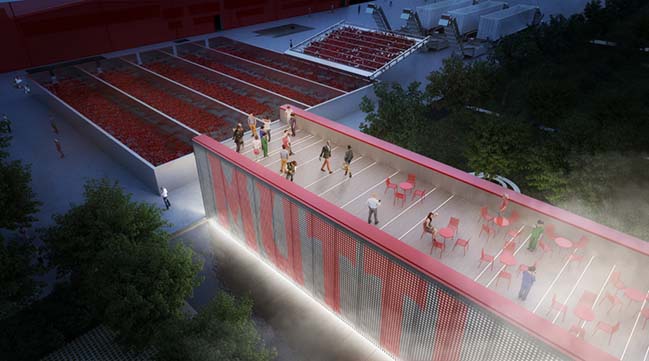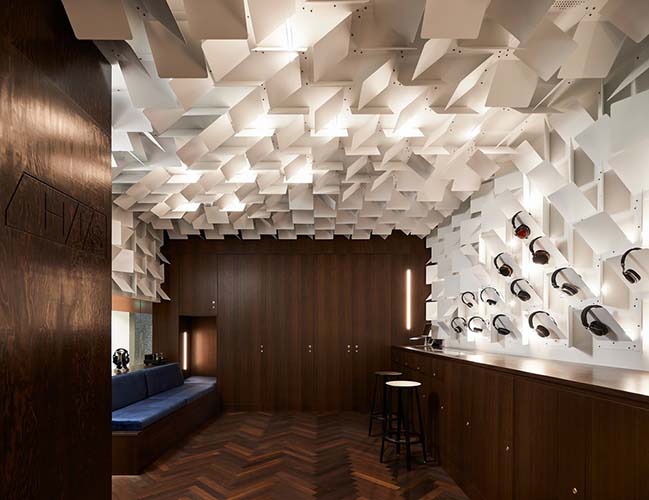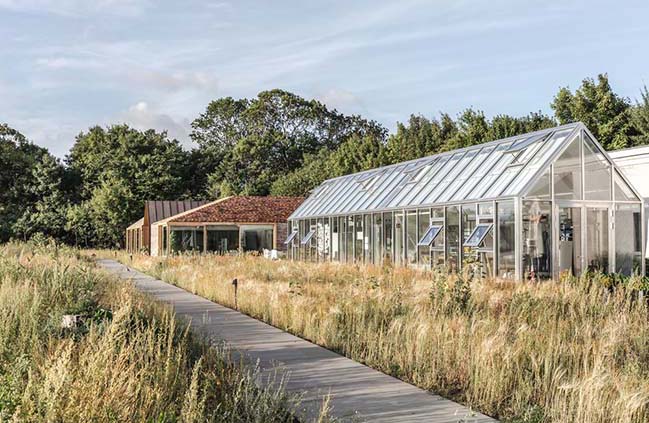12 / 22
2017
At a glance, Cada Cuba Huele Al Vino Que Tiene (Every Cask Smells of the Wine it Contains) appears no more than a cluster of seven deconstructed wine barrels. Its design is unassuming with poplar plywood forming the staves and the riveted wooden rings acting as hoops holding down the whole construction together. However, a closer look unveils a unique design concept that will delight one’s senses and transport oneself deep into the Rioja region.
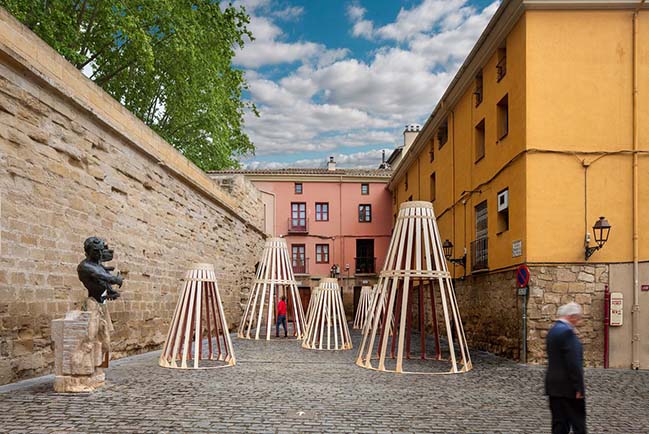
Architect: DP Architects
Client: Design festival of Logroño
Location: Logrono, Spain
Year: 2017
Photography: Josema Cutillas
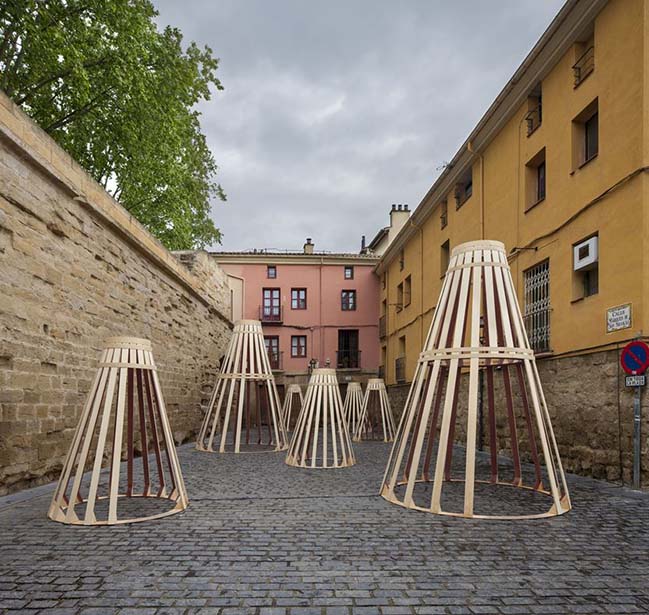
From the architect: Cada Cuba Huele Al Vino Que Tiene is the winning entry out of 52 international entries of the installation design competition for the architecture and design festival of Logroño, held in May earlier this year. Conceptualised by a six-person team, it is a devotional space dedicated to Rioja wine. Its architecture is a pure distillation of the region—specifically its soil, climate, grapes, and wine-making traditions; and was conceived in response to the competition’s call for an intervention within the historic Plaza del Revellin.
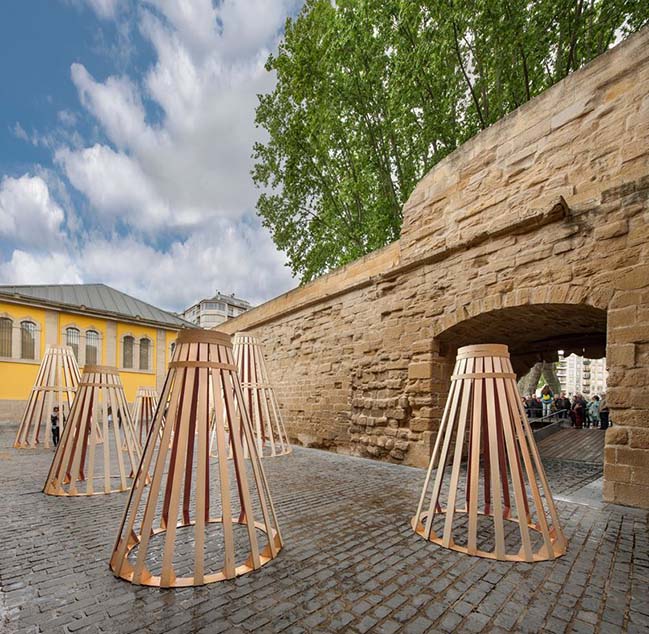
The nine ‘Cooper’s cabins’ are representations of towns within the Rioja region with the largest three representing Haro, Calahora and Logroño, and the compact ones for smaller towns. Each of the cabins, regardless of size, are constructed from staves which are 18mm thick, 100mm wide and 2500mm long. Each of the large cabins are 4.8 metres tall with a base diameter of 3.8 metres, while the smaller cabins are 2.4 metres tall, with a base diameter of 1.9 metres.
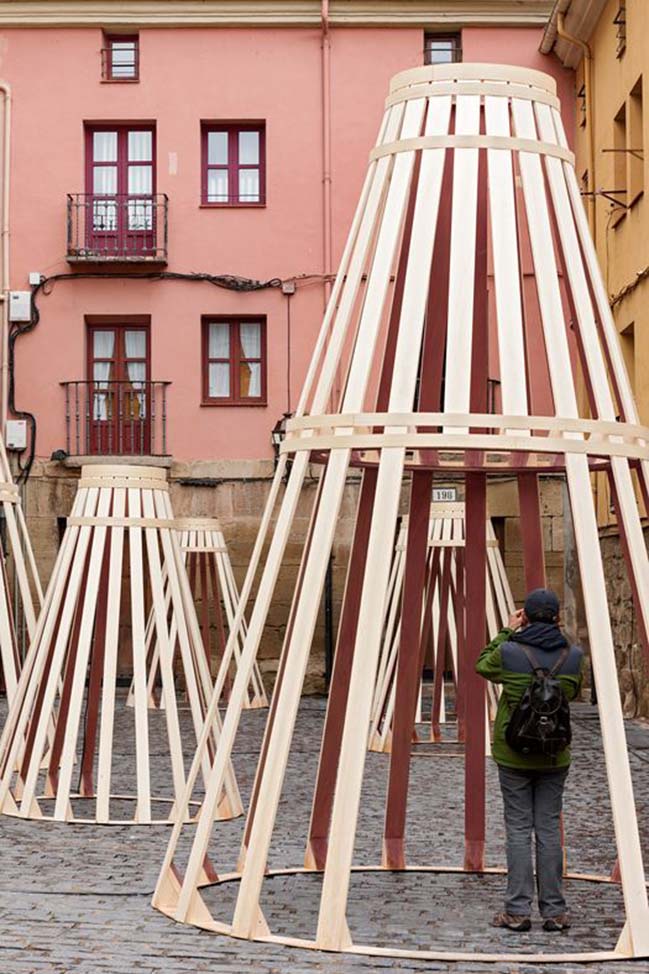
Pushing its cultural identity and reference, the interior of each cabin is stained with wine. Their colours vary according to the wine of the area they represent. Each is a temple to the wine, the land and the communities they represent. Each is a temple to the wine, the land and the communities they represent. At this point, the cabins take on a devotional aspect. The way into the cabin is through a low door, bowing respectfully as one breaches the interior space. Inside, shadows play across the surfaces and a wine—heavy air pervades it. Simultaneously, a light from above glows wine red; casting a ceremonial light about the space while representing the earth from which the grapes grew. Looking up, one sees the sky above framed in a hooped oculus. It is a reminder of the climate and weather that make the land so fruitful.
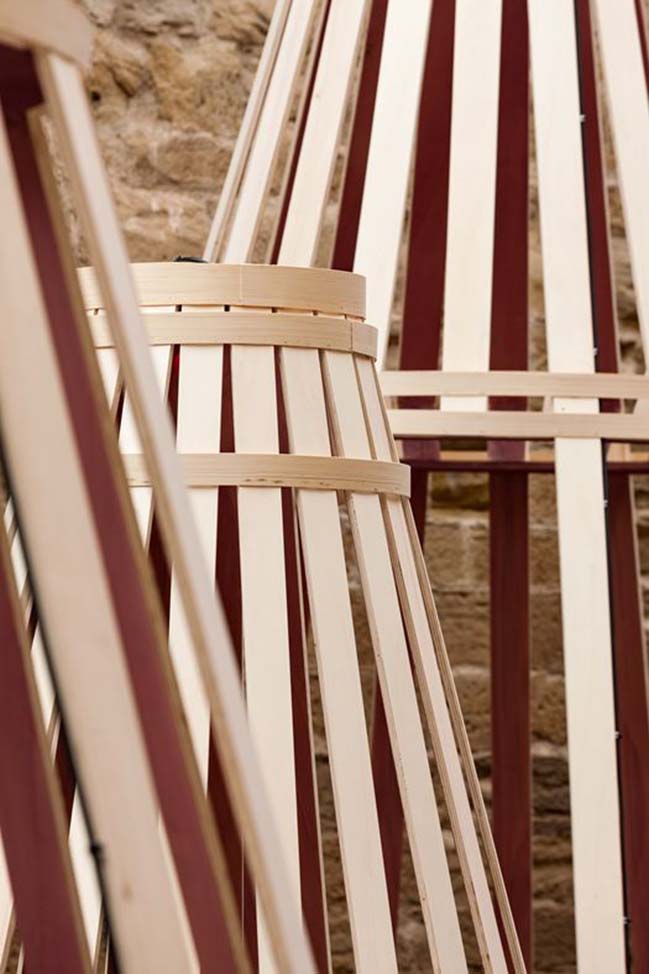
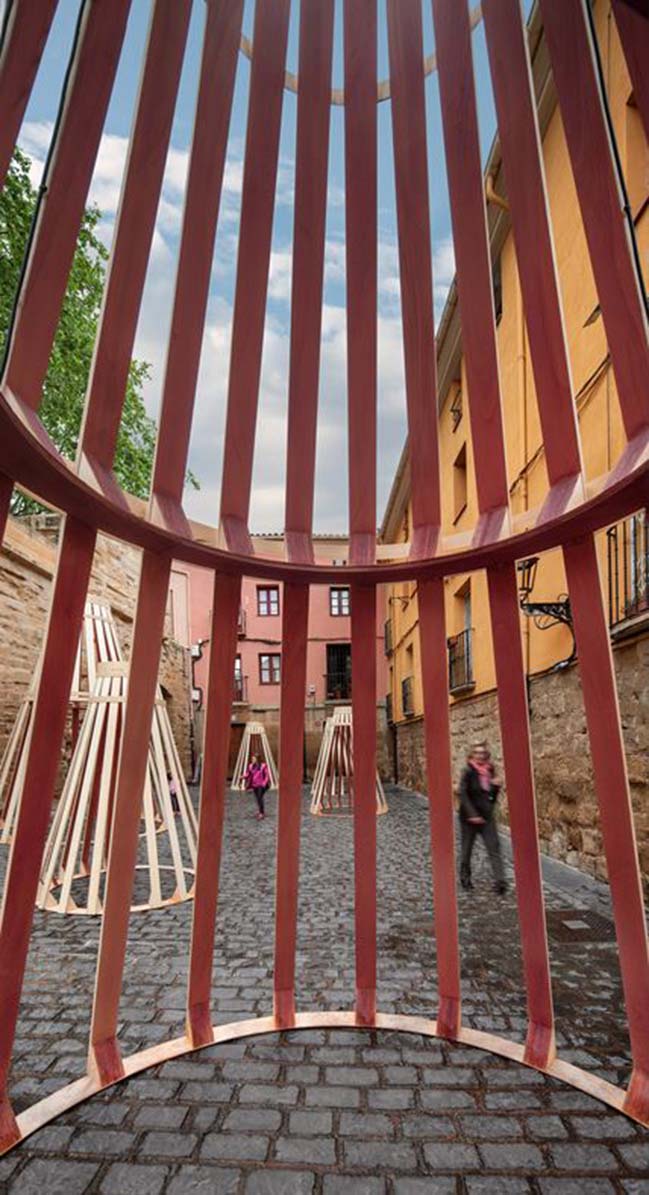
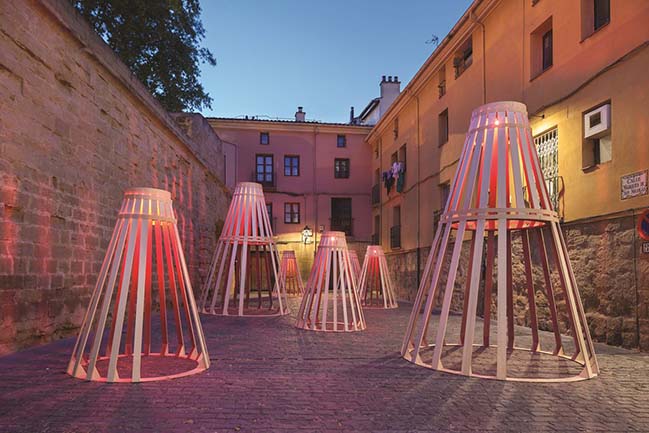
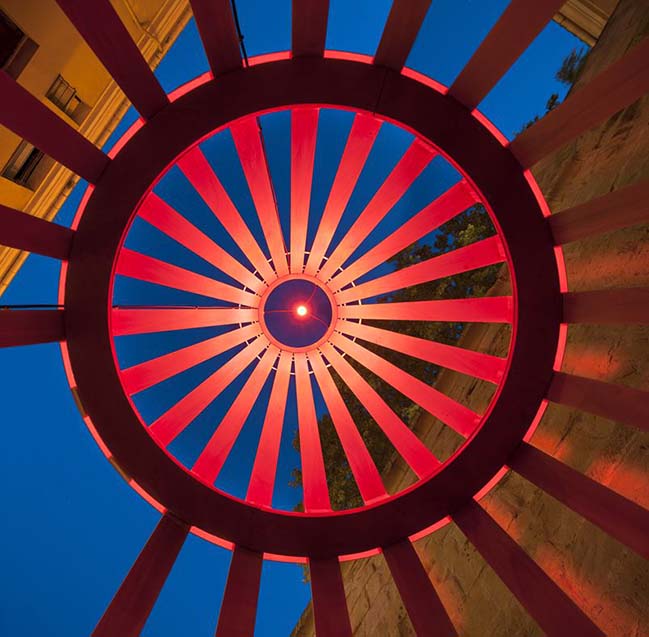
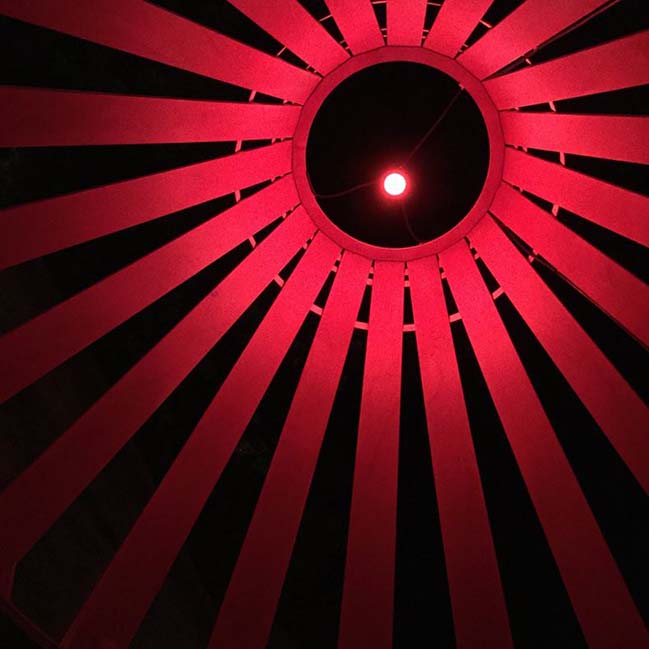
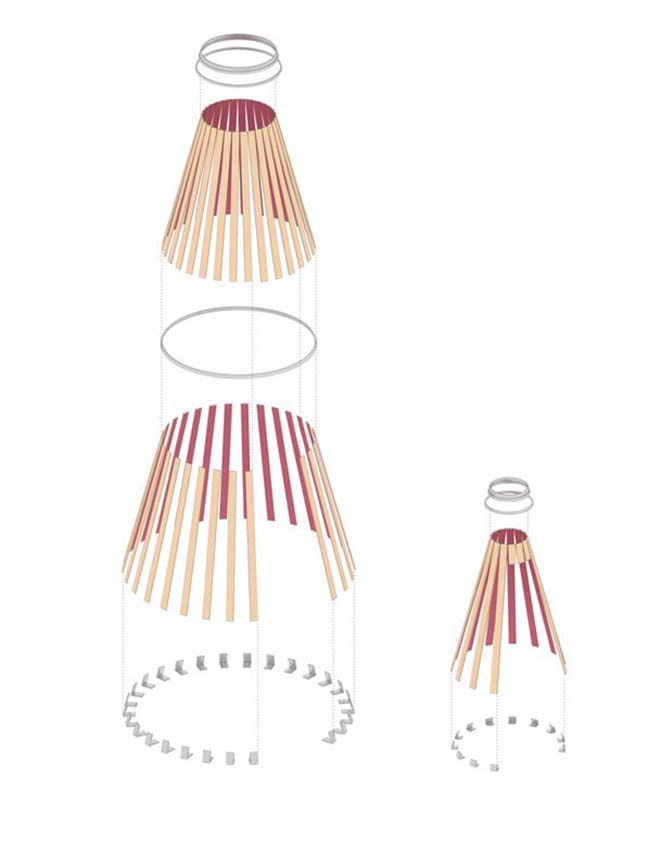
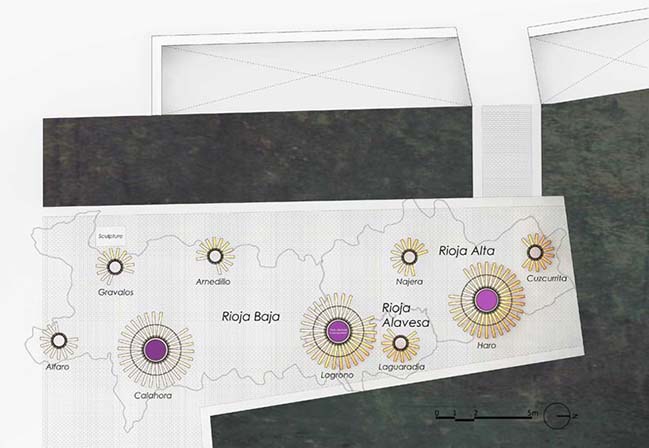
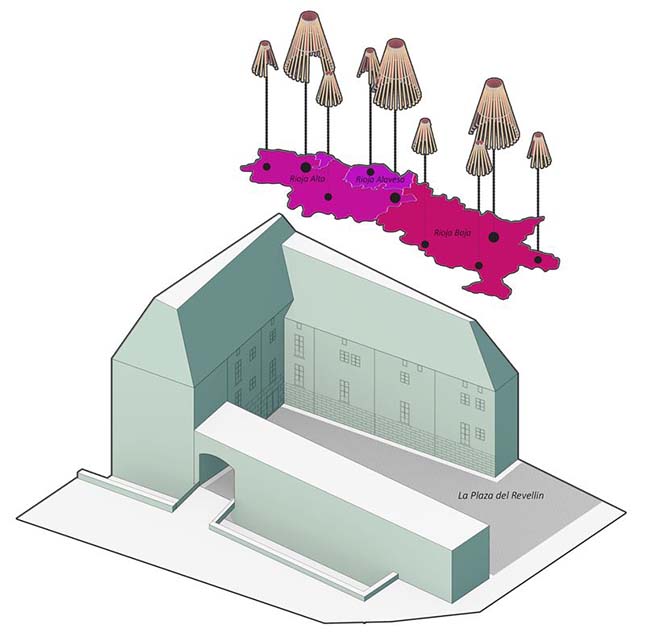
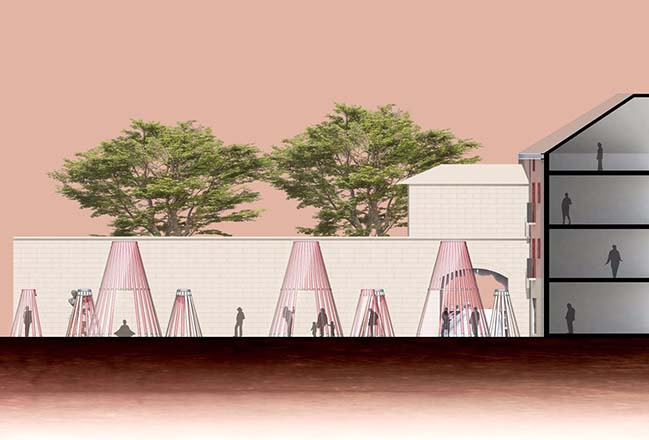
> Oval Court by Tonkin Liu
> Oman Botanic Garden by Grimshaw Architects
Cada Cuba Huele Al Vino Que Tiene by DP Architects
12 / 22 / 2017 At a glance, Cada Cuba Huele Al Vino Que Tiene appears no more than a cluster of seven deconstructed wine barrels
You might also like:
Recommended post: Noma 2.0 - A Restaurant Village Designed by Bjarke Ingels Group
